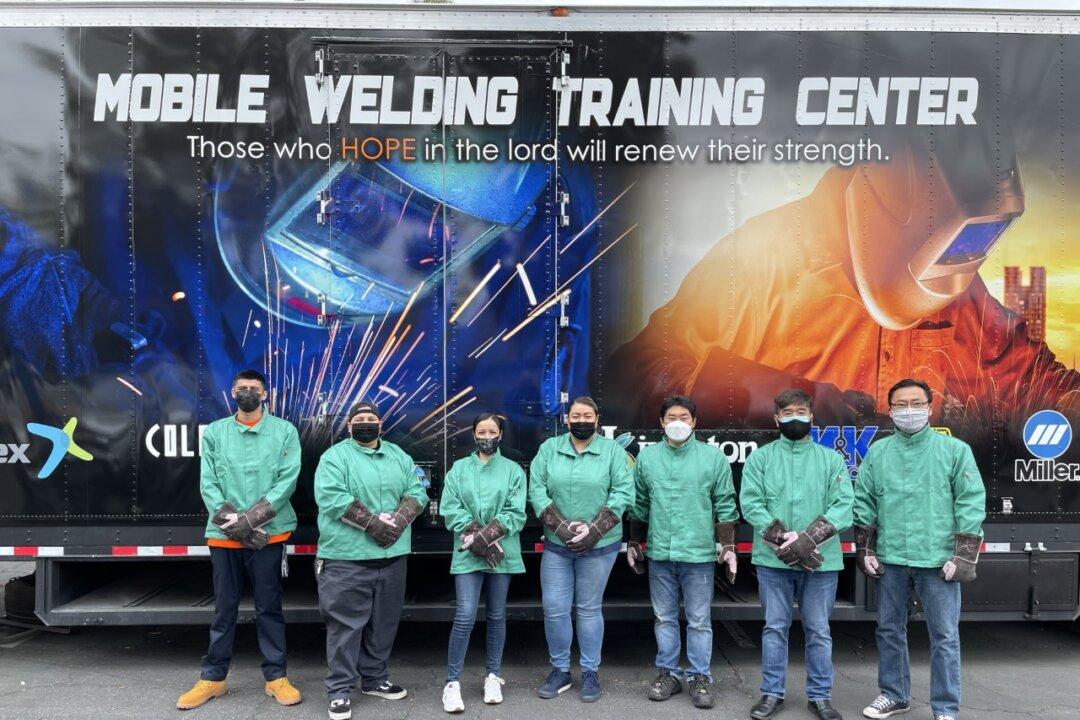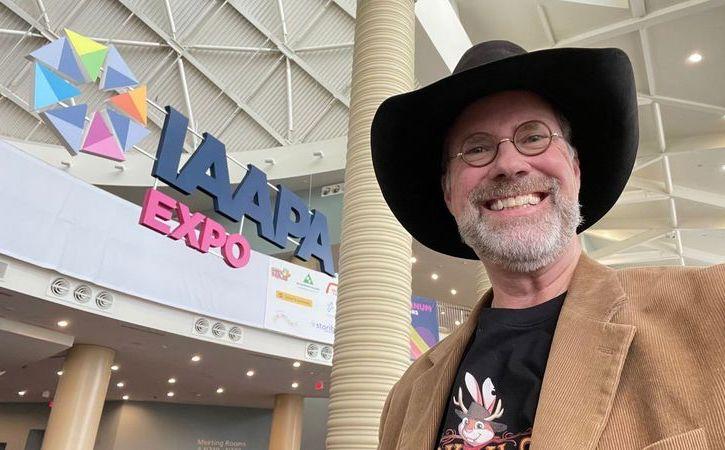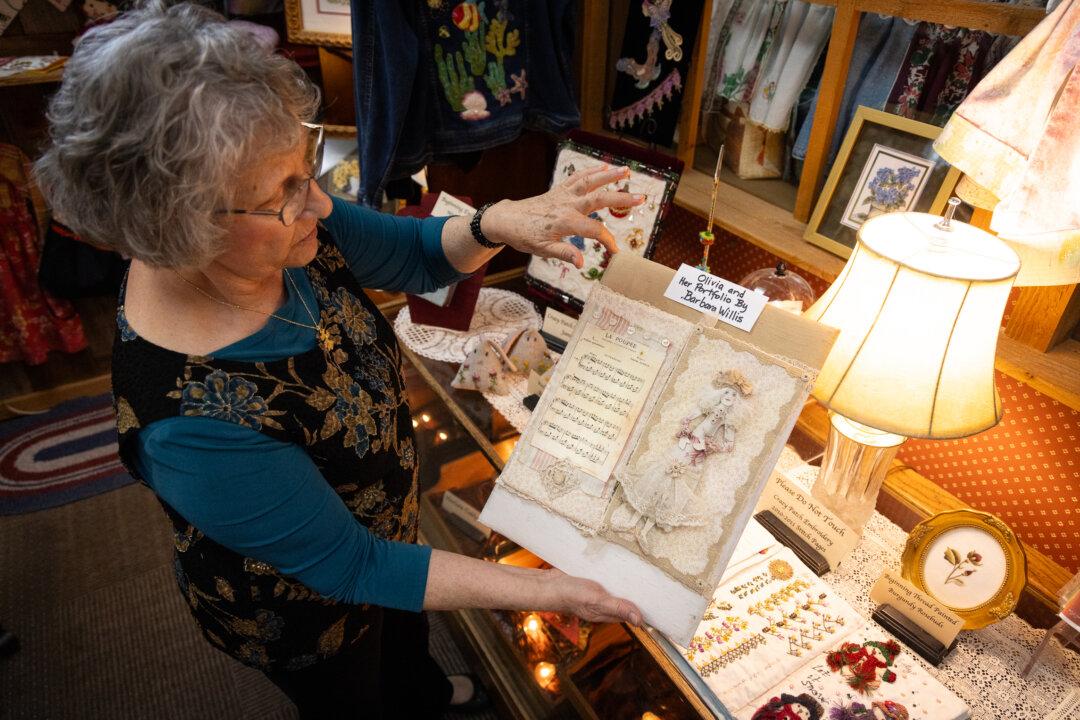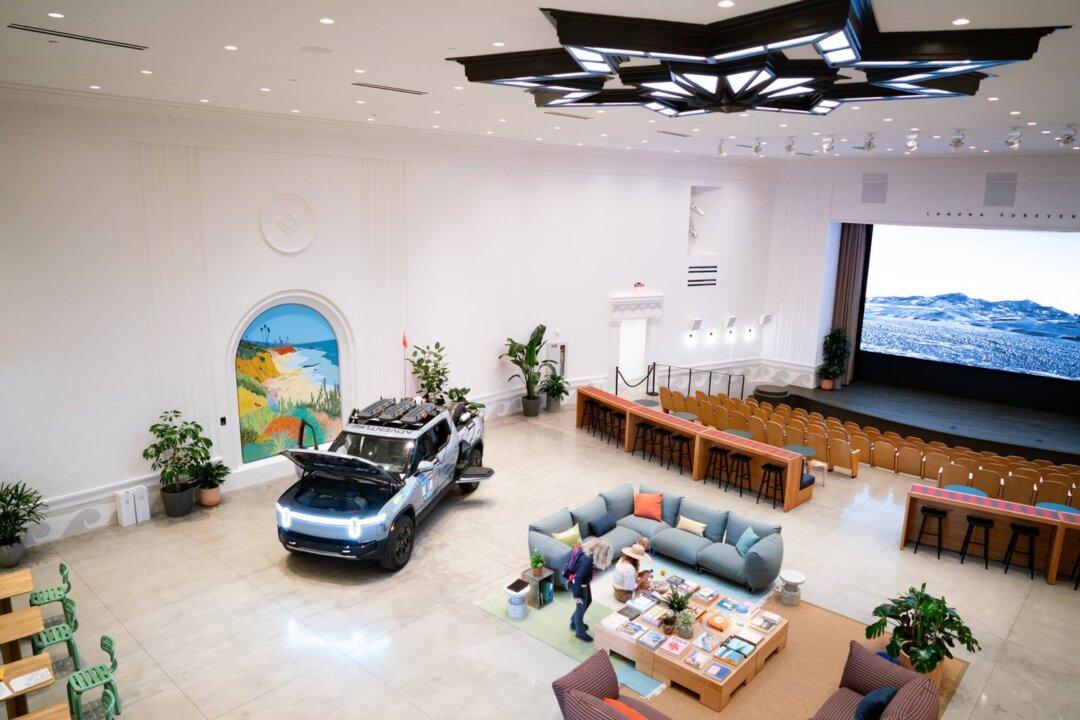For Rolling Hills Covenant Church Outreach Pastor Steve Bunyard, helping those whose lives have taken a wrong turn means more than just enabling survival for the down and out. It means guiding them to a stable future by teaching them to provide for themselves.
Bunyard initially struggled with how to help rehabilitate those wanting to change their lives. He said he believed that providing dignity through a skilled trade could help many break their destructive life cycles.





